Doctors in Training: In Limbo, Alumni Med Students Find Ways To Serve
The email suspending Ramie Fathy ’16’s medical education arrived, appropriately enough, on Friday, March 13.
By noon — less than an hour later — he and his fellow students at the University of Pennsylvania’s Perelman School of Medicine were required to leave the Philadelphia hospital where they had been completing the clinical rotations that are a standard part of second- and third-year medical training.
The inexorable march of COVID-19 had made it too dangerous for them to stay in the hospital, where they not only risked infecting patients or falling ill themselves, but where their presence would place extra demands on increasingly scarce supplies of protective gear.
Back home in his apartment, isolated and unmoored, Fathy wondered what would come next. “I just felt like we had to do something, even from home, or try to band together in some way to address these new and unprecedented needs,” he says. That weekend, he launched an online volunteer network whose membership quickly swelled to more than 2,000 students in health-care professions in Philadelphia.
These days, medical students like Fathy, who is in his third year of study, are stranded in a strange limbo, banished from the front lines at precisely the moment their chosen profession faces its greatest test. But across the country, increasing numbers of doctors in training, Princeton alumni among them, are finding ways to help fight the global pandemic without violating social-distancing protocols.
In Philadelphia, Yentli Soto Albrecht ’16, who is in the second year of Penn’s M.D./Ph.D. program, is collecting protective masks, gloves, and gowns from shuttered research labs to help supply front-line health-care workers. In New York, Isao Anzai ’17, a third-year student at Columbia University’s Vagelos College of Physicians and Surgeons, is helping patients with medical problems unrelated to the virus transition from in-person doctor visits to app-based consultations. On YouTube, in a student-written ditty scored to the tune of Blink-182’s “All the Small Things,” David Mazumder ’17, who is in the third year of a joint Harvard-MIT M.D./Ph.D. program, urges feverish patients to call their doctors. (“We’re gonna beat COVID-19/flatten the curve with social distancing,” he sings.)
Medical students are participating in online research designed to improve COVID-19 treatments, coordinating volunteer efforts on social media, buying groceries and providing child care for overburdened health-care workers, educating the online public about everything from the biology of viruses to the importance of handwashing, and inventing ways to combat the loneliness and isolation of the homebound.
At the Washington University School of Medicine in St. Louis, third-year student Sajal Tiwary ’17 has joined a task force that hopes to assemble 1,600 reusable plastic face shields intended for health-care workers in lower-risk situations; if these workers use the volunteer-made shields, the thinking goes, that will free up higher-grade safety gear for those who are treating COVID-19 patients.
In Philadelphia, one subcommittee of Fathy’s newly formed Philadelphia Organization of Health Professions Students hopes to develop community wellness programs for the socially distanced, such as Music on Call, the brainchild of Elana Meer ’17, who is in the third year of Penn’s M.D./MBA program. Meer hopes to link up homebound community members who want to share musical experiences over the internet: making music together, listening to online serenades, or even just discussing a shared musical hobby.
Music “has this crazy capacity to unify people from all different backgrounds and provide a lot of comfort and healing,” she says. “In a time of social distance, when people are having a hard time forging connections or [are] feeling lonely, music is a way to connect people.”
Students are also taking part in initiatives that draw more directly on the skills they have developed in their medical school coursework. As part of a research project at Columbia, Anzai is combing through the electronic medical records of COVID-19 patients, seeking clues to the nature of disease progression. And Soto Albrecht is developing a series of Facebook posts explaining the science behind the crisis in layperson’s terms. “People are more afraid of things they don’t understand, and I think people really don’t understand viruses,” she says.
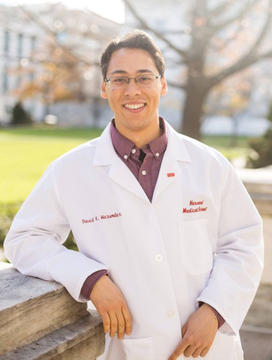
Some of these volunteer efforts operate independently of medical schools, while others have been officially designated as electives carrying course credit. Either way, they have given students a sense of purpose in an anxious time. “Especially when we’re told to leave the hospital and we can’t go in and join the front line, then you just feel super-helpless,” says Fathy. By contrast, he says, the work he’s doing now has left him “so energized to get out of bed.”
Doing their part to combat the crisis also helps distract students from their uncertain academic and professional situations.
While some medical schools have announced plans to let fourth-year students graduate a month or two early, to get them into overwhelmed hospitals more quickly, the situation is trickier for second- and third-year students who haven’t yet finished their clinical training. The suspensions forced by COVID-19 have disrupted timelines for meeting the rigorous requirements for medical school graduation and fourth-year residency applications.
“You can’t just pull three months out of your training and expect the rest of the training to look the same,” says Soto Albrecht. “I think a lot of my classmates feel the same amount of confusion as to what the future holds for us.”
But there are new avenues for learning as well, students say. “This is a great educational opportunity, to see how things are managed on the fly like this,” says Tiwary. “It’s an exciting time to be in medicine. It’s also a tragic time to be in medicine.”
The students say neither they nor anyone they know is considering retreating to a career that doesn’t routinely entail close encounters with incurable infectious diseases. If anything, they say, COVID-19 has increased their sense of commitment. The crisis also offers a glimpse of the future that students may face as fully qualified physicians.
“This kind of pandemic is only going to become more likely as humans have more interactions with displaced wildlife from habitat loss,” Mazumder says. “We’re going to be seeing this over and over again. It’s very sobering. Hopefully, we’ll be prepared for the next one.”


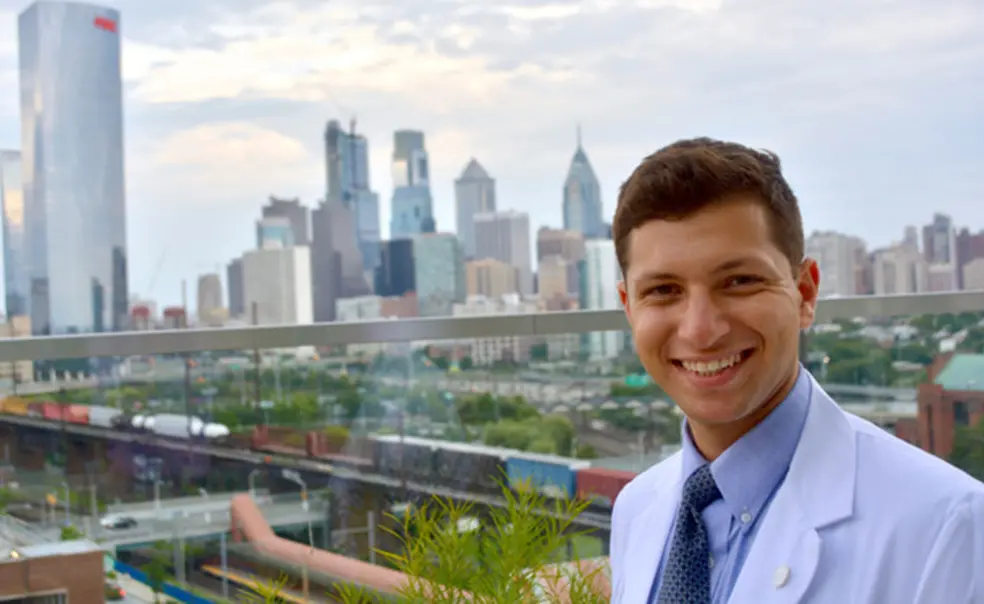
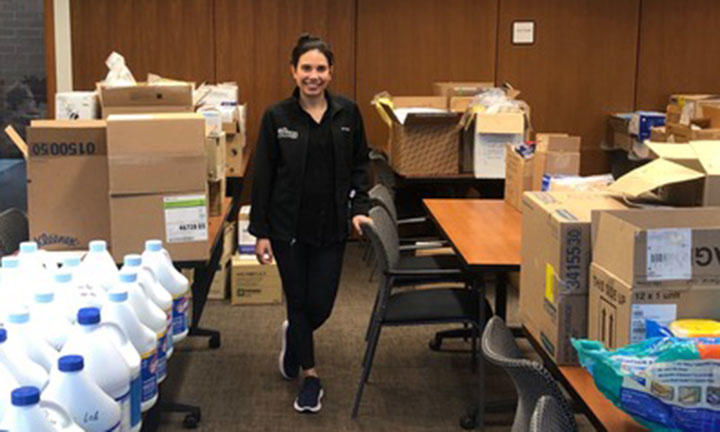




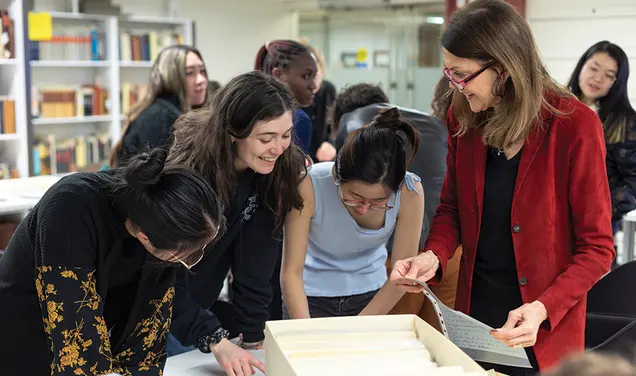
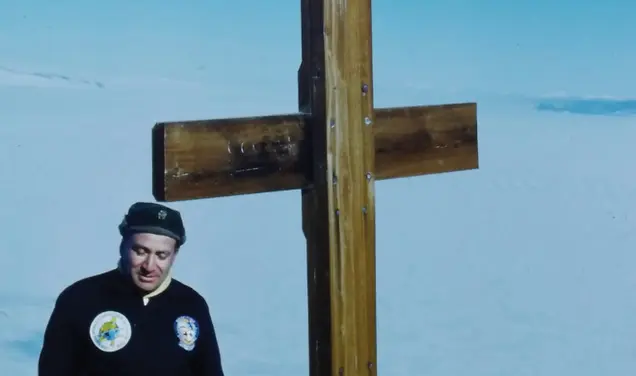

1 Response
James Tang ’70
5 Years AgoDoctors in Training
My son, John Tang '11, is currently a fourth year anesthesiology resident at Mt. Sinai Hospital, in New York City, right at the epicenter of the coronavirus epidemic in America. At the beginning of March, in response to the epidemic, his anesthesia group was engaged in the treatment of seriously ill COVID-19 patients. He was responsible for intubating those that required ventilator assistance in breathing. He was assigned to be on one of many COVID wards that were set up at Mt. Sinai Hospital to take care of COVID patients. He did this for several weeks until the patient load was lessened, and they were transferred out of the COVID wards into other parts of the hospital.